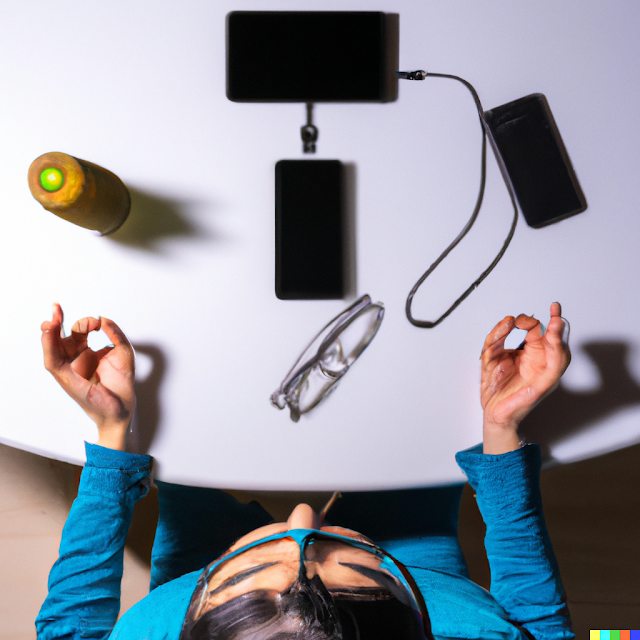In today's digital age, technology has become an integral part of our daily lives. From smartphones to social media, technology has transformed the way we interact with one another and access information. While technology has many benefits, it can also have negative impacts on our mental health. In this blog post, we'll explore the effects of technology on mental health, including social media addiction, screen time, and cyberbullying. We'll also discuss different strategies for maintaining a healthy relationship with technology and protecting mental well-being.
Effects of Technology on Mental Health
Social Media Addiction:
Social media has become a part of our daily routine. We check our phones first thing in the morning and last thing at night. But excessive use of social media can lead to addiction and negative effects on mental health. Research shows that social media addiction is linked to anxiety, depression, and loneliness. The constant comparison to others can also lead to feelings of inadequacy and low self-esteem.
Screen Time:
Technology has made it easier for us to stay connected and work from anywhere, but it has also increased the amount of time we spend staring at screens. The blue light emitted by screens can disrupt our circadian rhythms and affect our sleep patterns. Lack of sleep can lead to irritability, mood swings, and reduced cognitive function.
Cyberbullying:
Technology has made it easier for people to bully others anonymously. Cyberbullying can have severe mental health consequences, including anxiety, depression, and even suicide. Victims of cyberbullying may feel isolated and hopeless, and it can be challenging to escape the constant harassment.
Strategies for Maintaining a Healthy Relationship with Technology
Limit Screen Time:
One of the most effective ways to maintain a healthy relationship with technology is to limit screen time. Set aside specific times of the day for checking emails, social media, and other online activities. Avoid using technology before bedtime, and turn off notifications to reduce distractions.
Practice Digital Detox:
A digital detox is a period of time where you disconnect from technology completely. It can be as simple as turning off your phone for a few hours or as extensive as taking a weekend off from all technology. A digital detox can help you reset and reduce stress levels.
Create Healthy Habits:
Creating healthy habits around technology can help you maintain a healthy relationship with it. For example, you can replace screen time with activities like exercising, reading, or spending time with loved ones. You can also use technology to your advantage by using mental health apps or online support groups.
Protect Your Mental Health:
Protecting your mental health is crucial when it comes to technology. Take breaks when you need to, seek professional help when necessary, and avoid engaging with negative content online. Practice self-care and prioritize your mental well-being above all else.
Connect with Others:
While technology can sometimes feel isolating, it can also help us connect with others. Use technology to stay connected with loved ones, join online support groups, and participate in virtual events. Just remember to balance screen time with face-to-face interactions and other activities that promote well-being.
Seek Professional Help:
If you're struggling with the negative effects of technology on your mental health, seek professional help. A mental health professional can help you identify unhealthy patterns and provide strategies for managing them. They can also provide support and guidance as you work towards a healthier relationship with technology.
Technology has become an integral part of our lives, but it's important to remember the potential negative effects it can have on our mental health. By understanding these effects and implementing different strategies, we can maintain a healthy relationship with technology and protect our mental well-being. Limiting screen time, practicing digital detox, creating healthy habits











